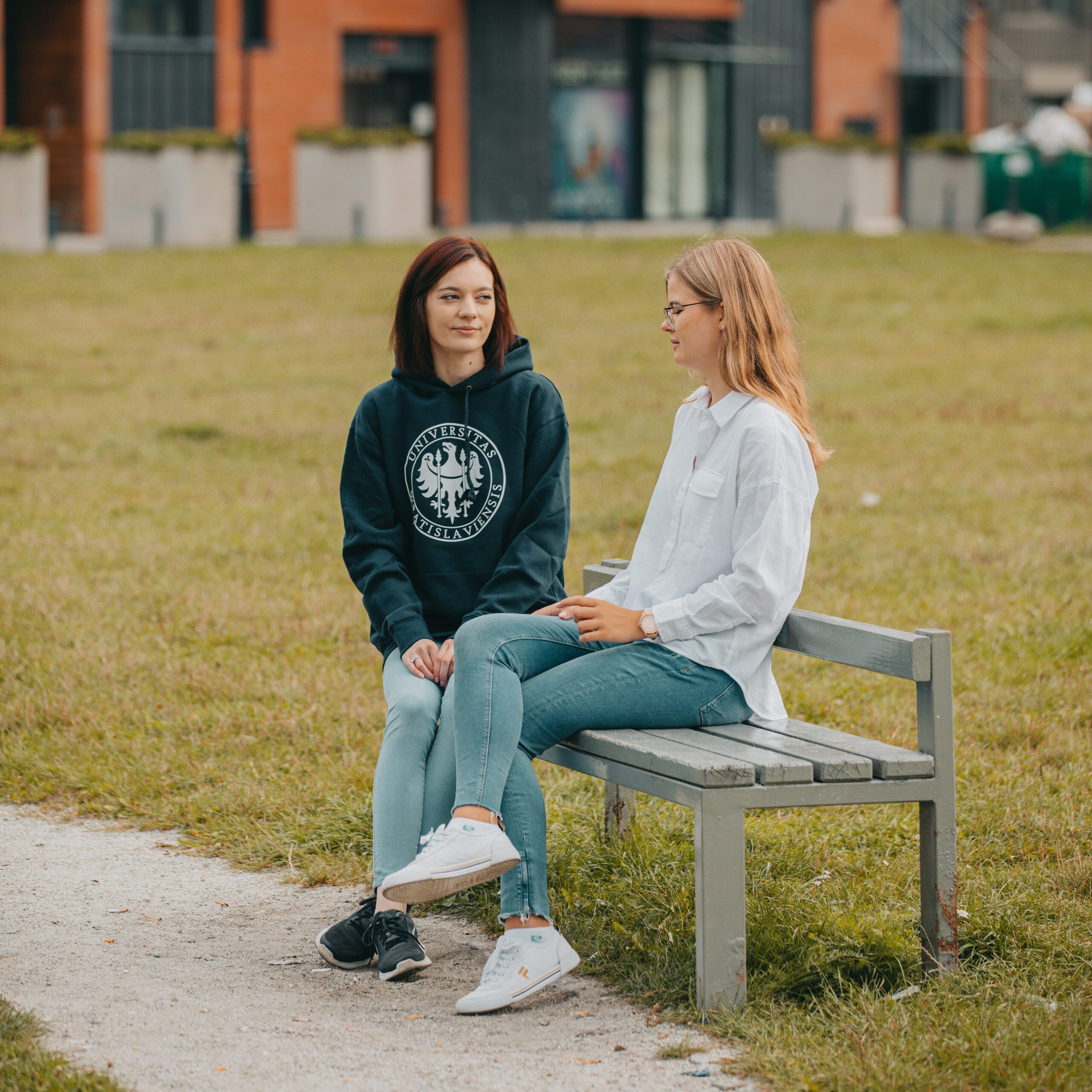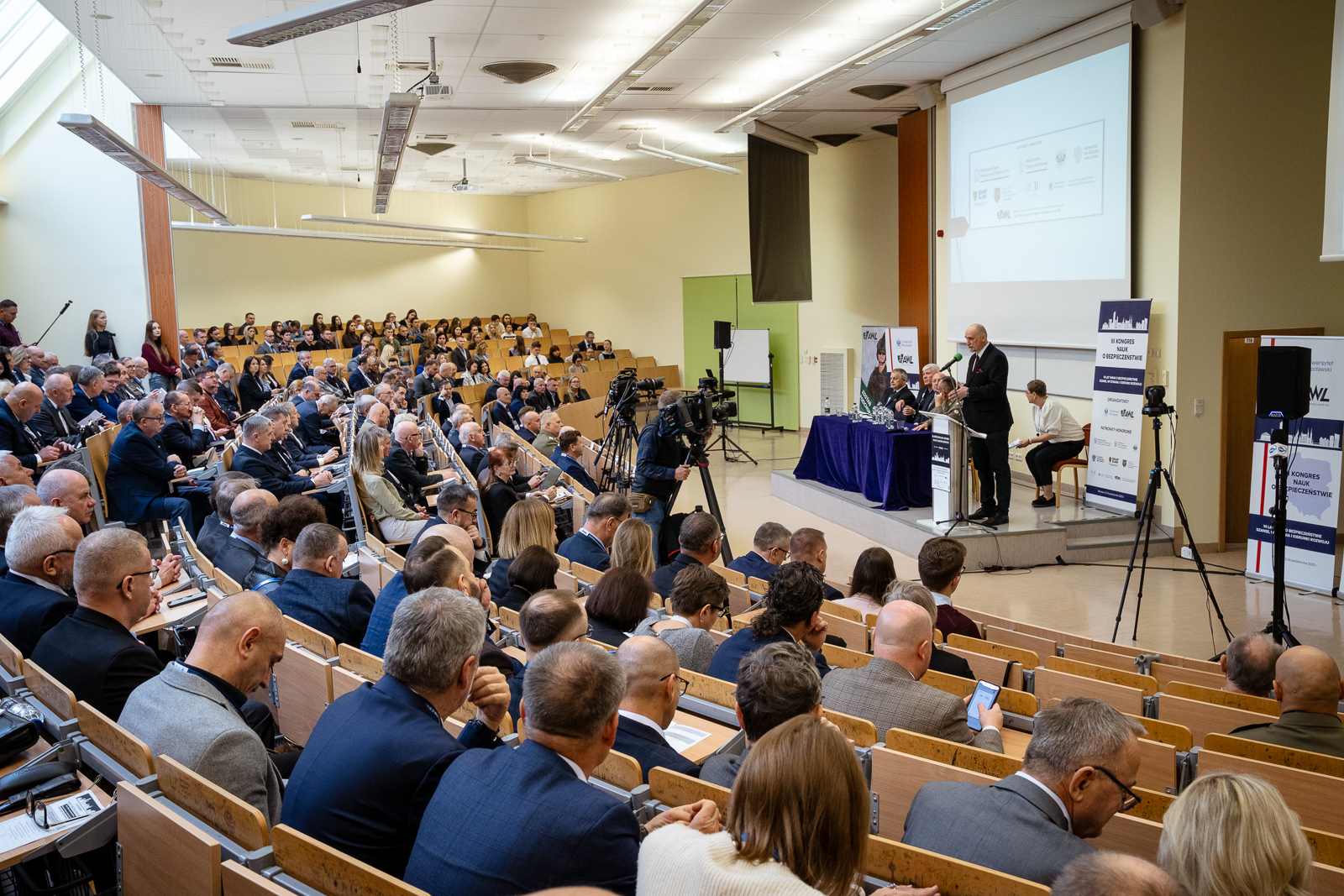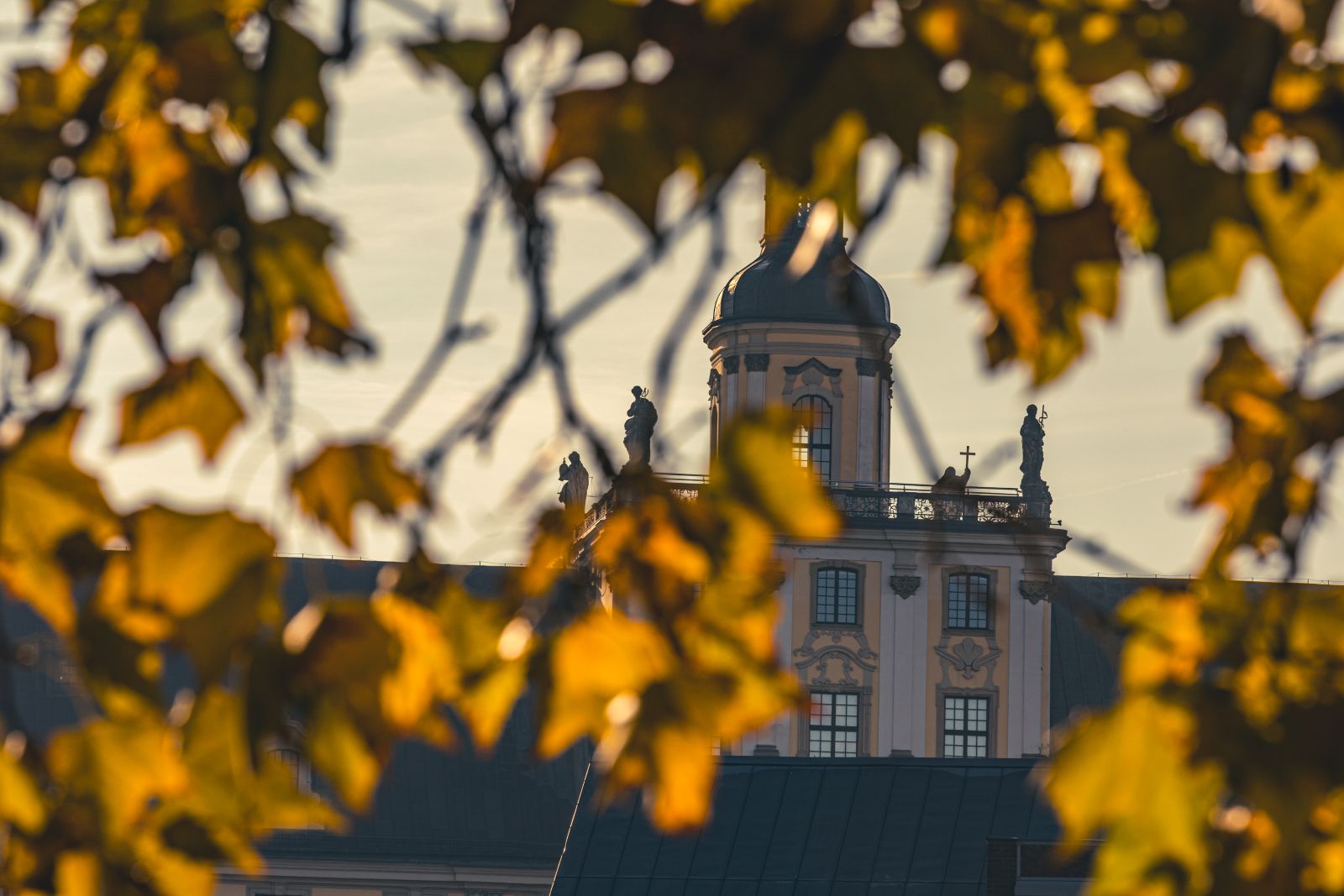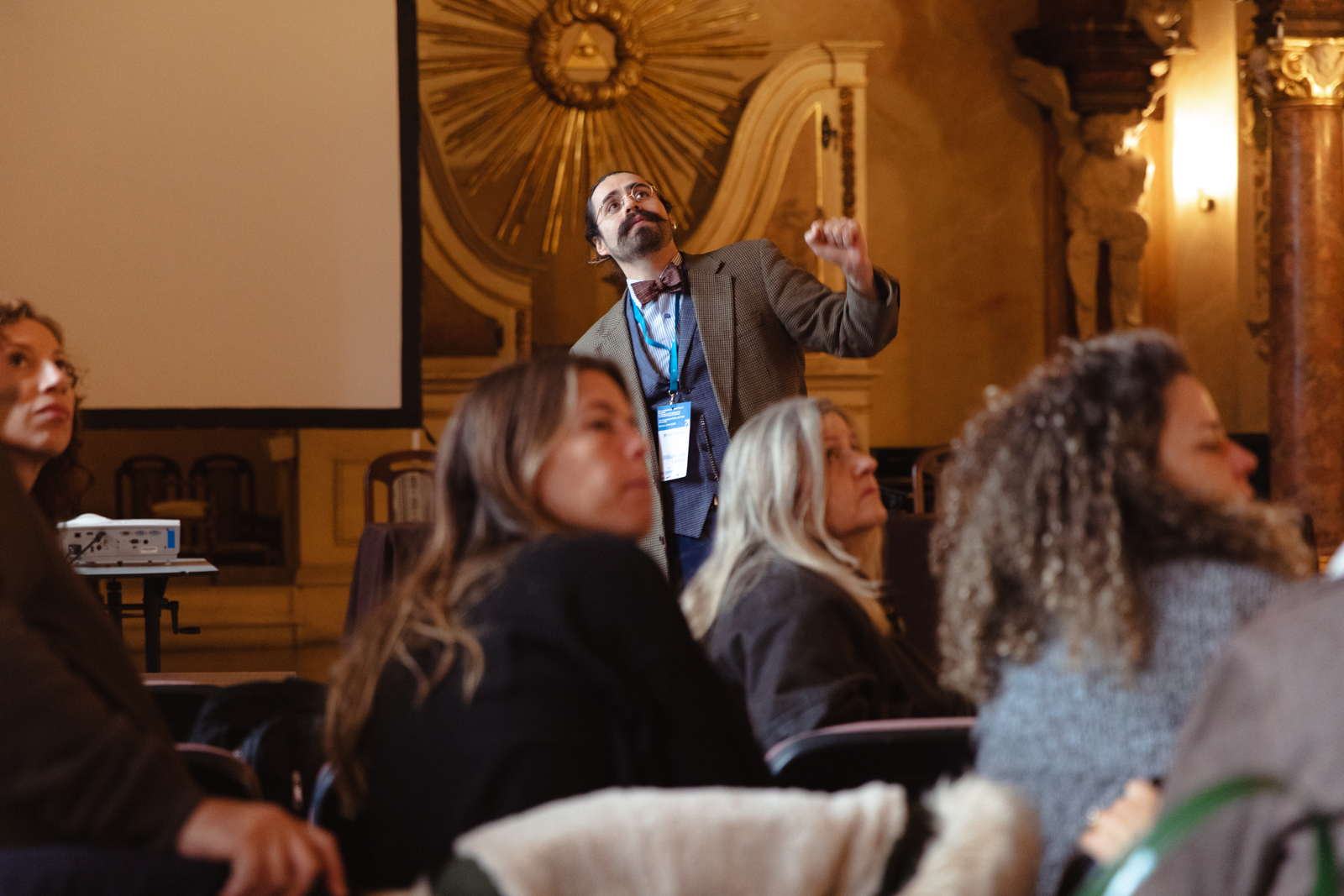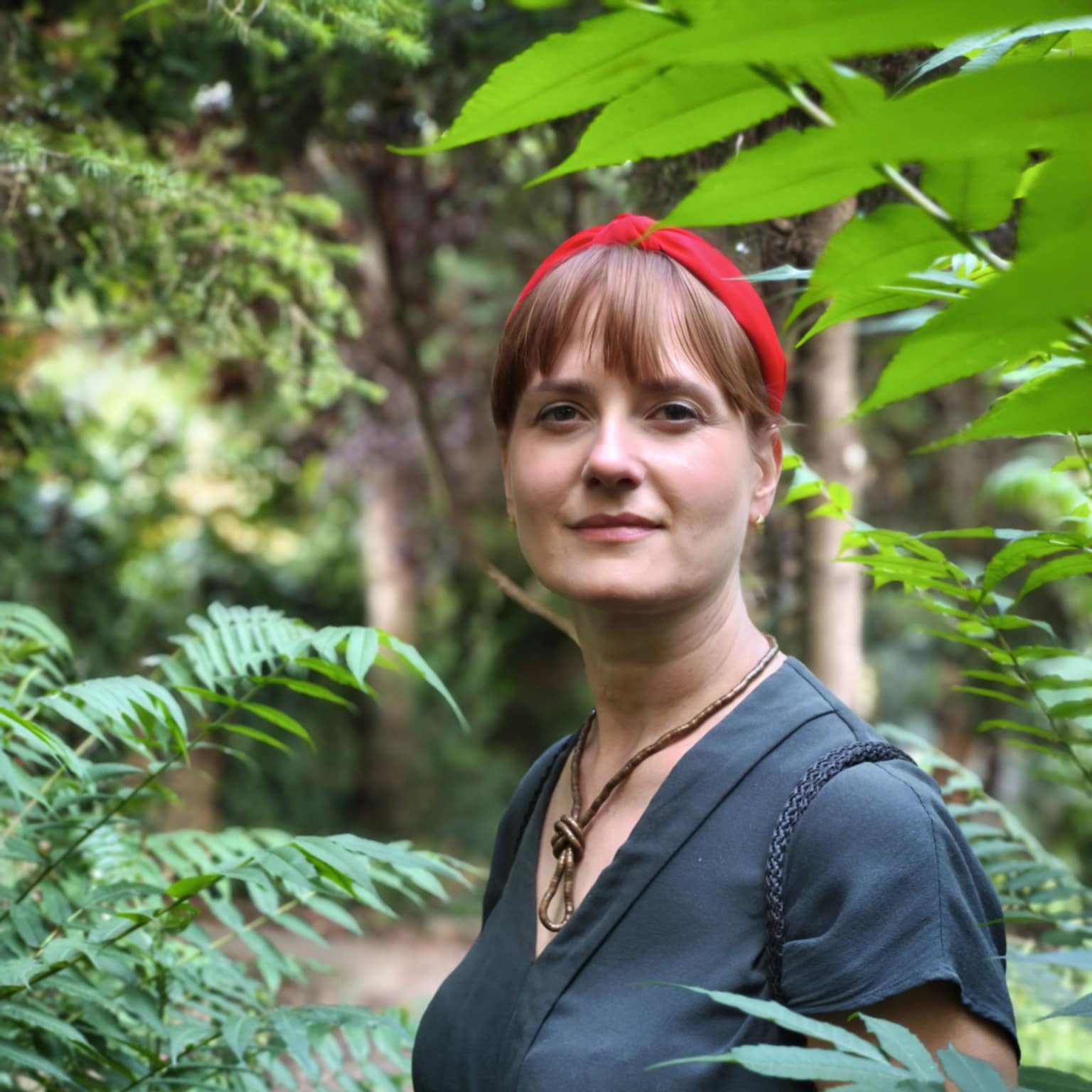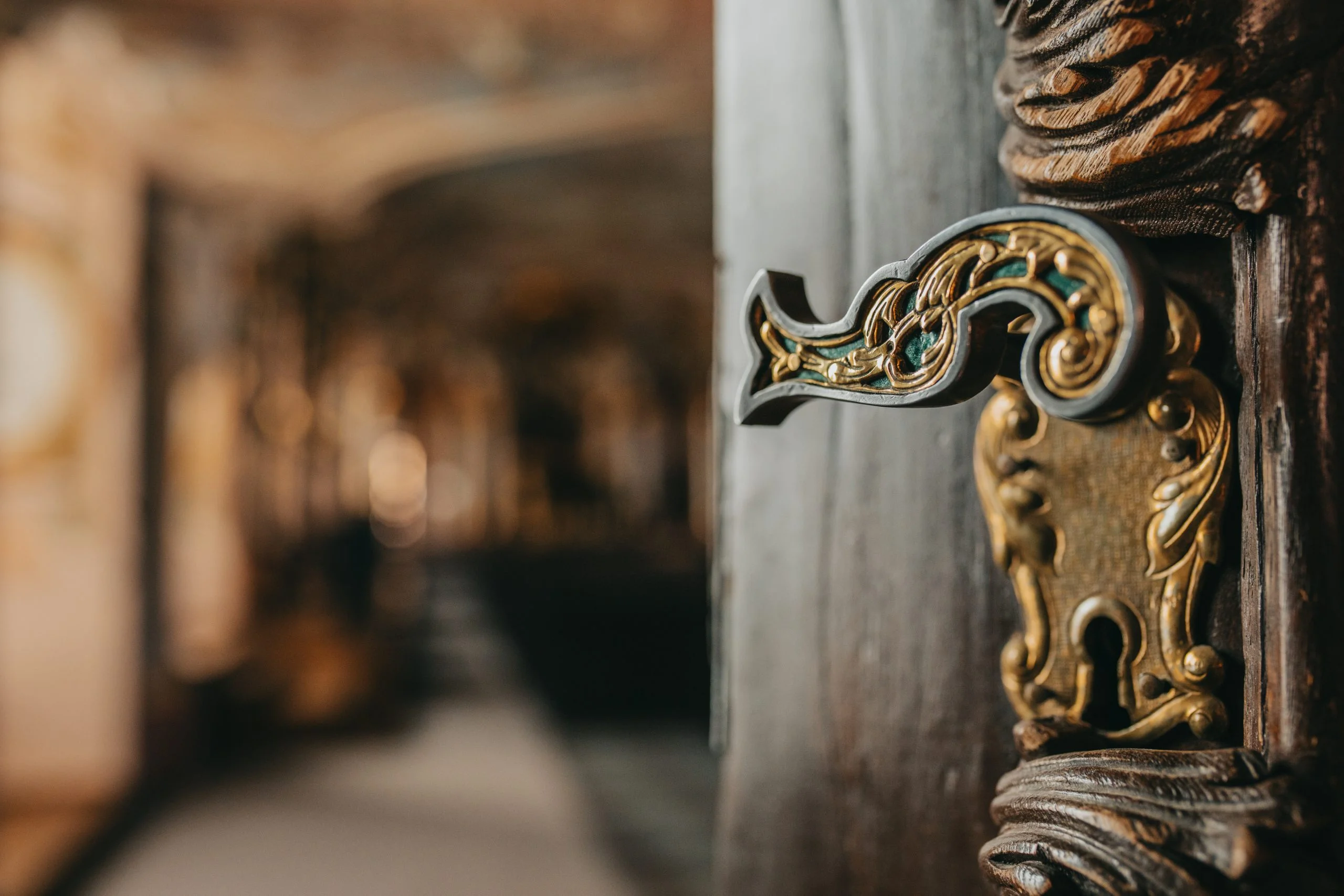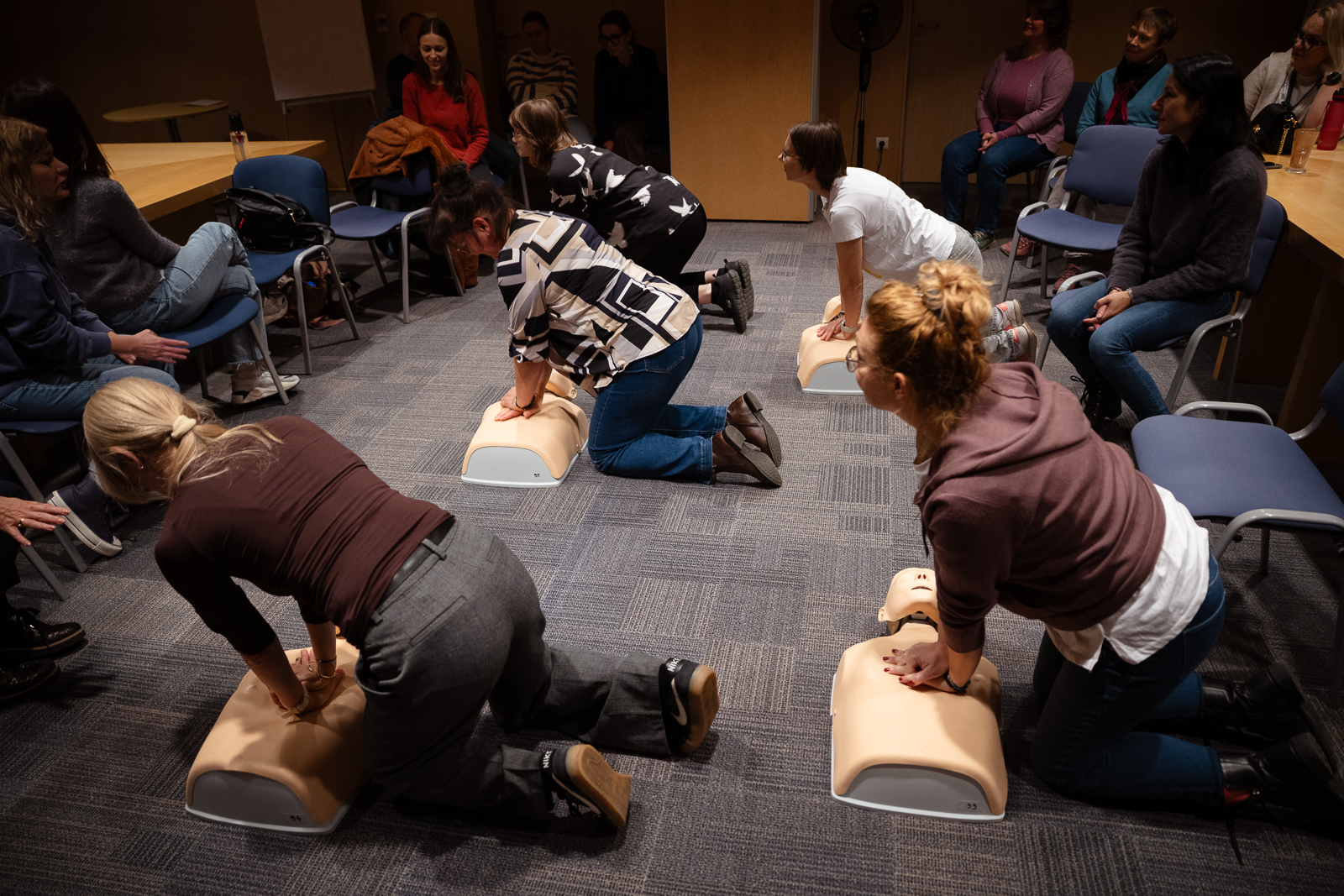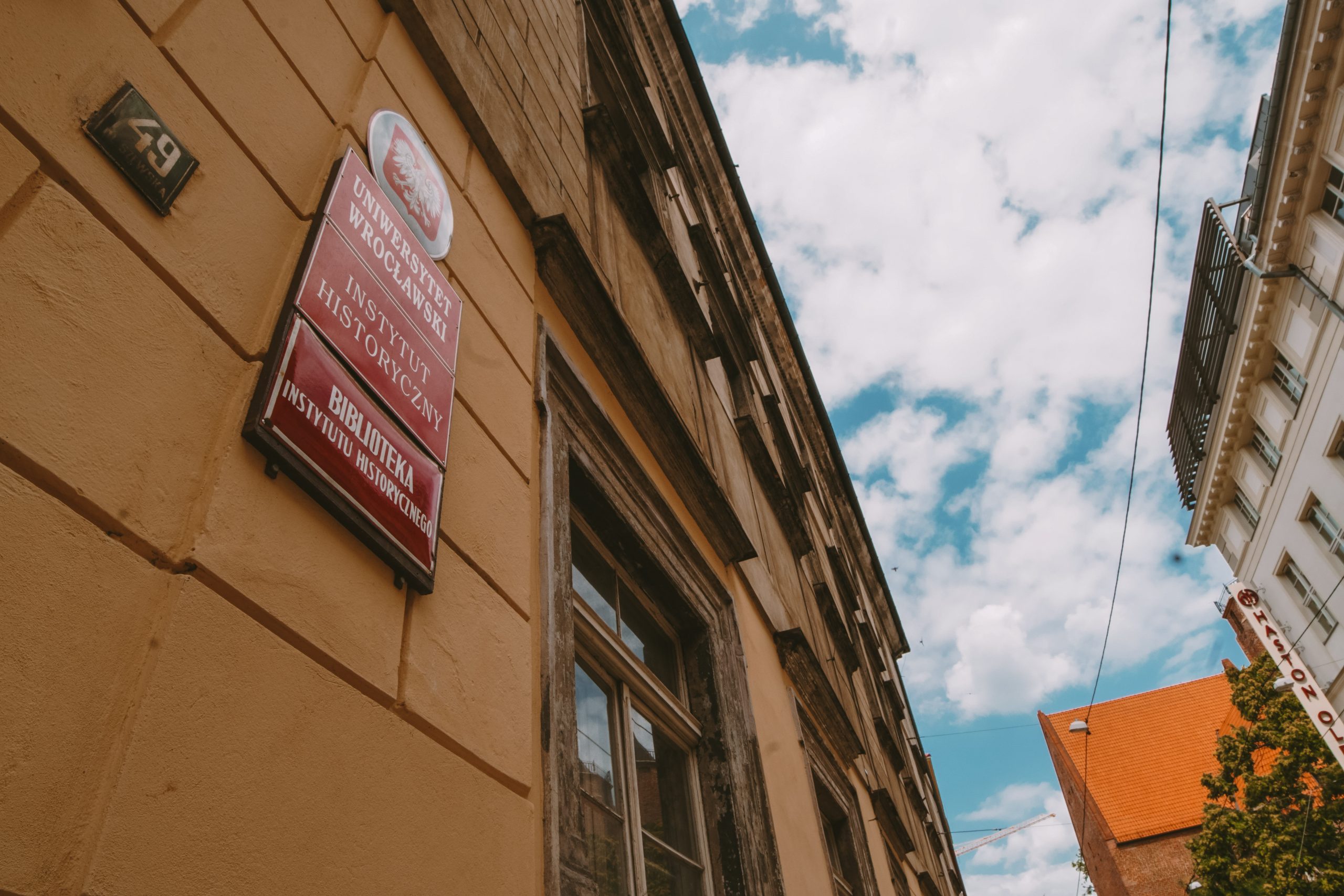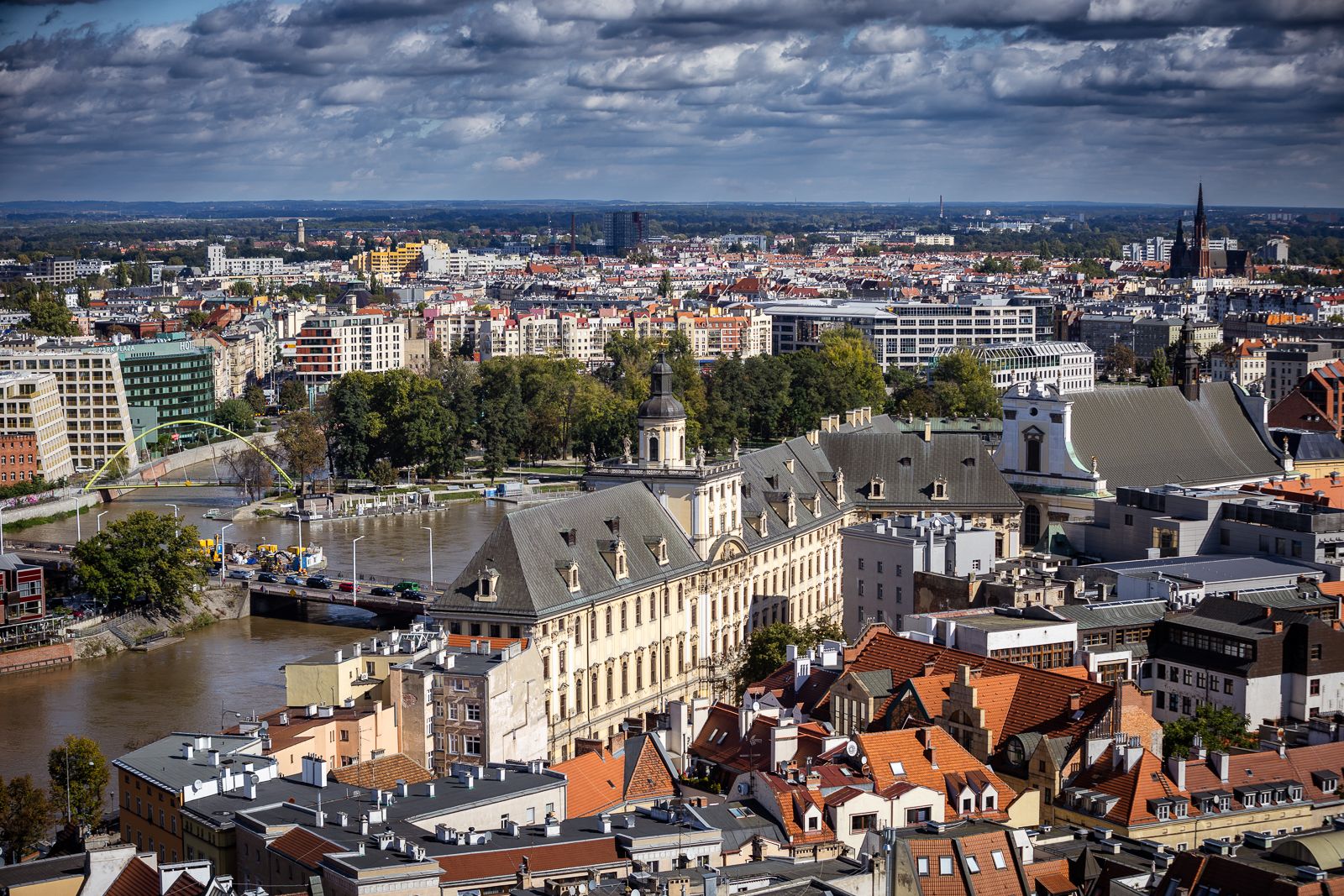News
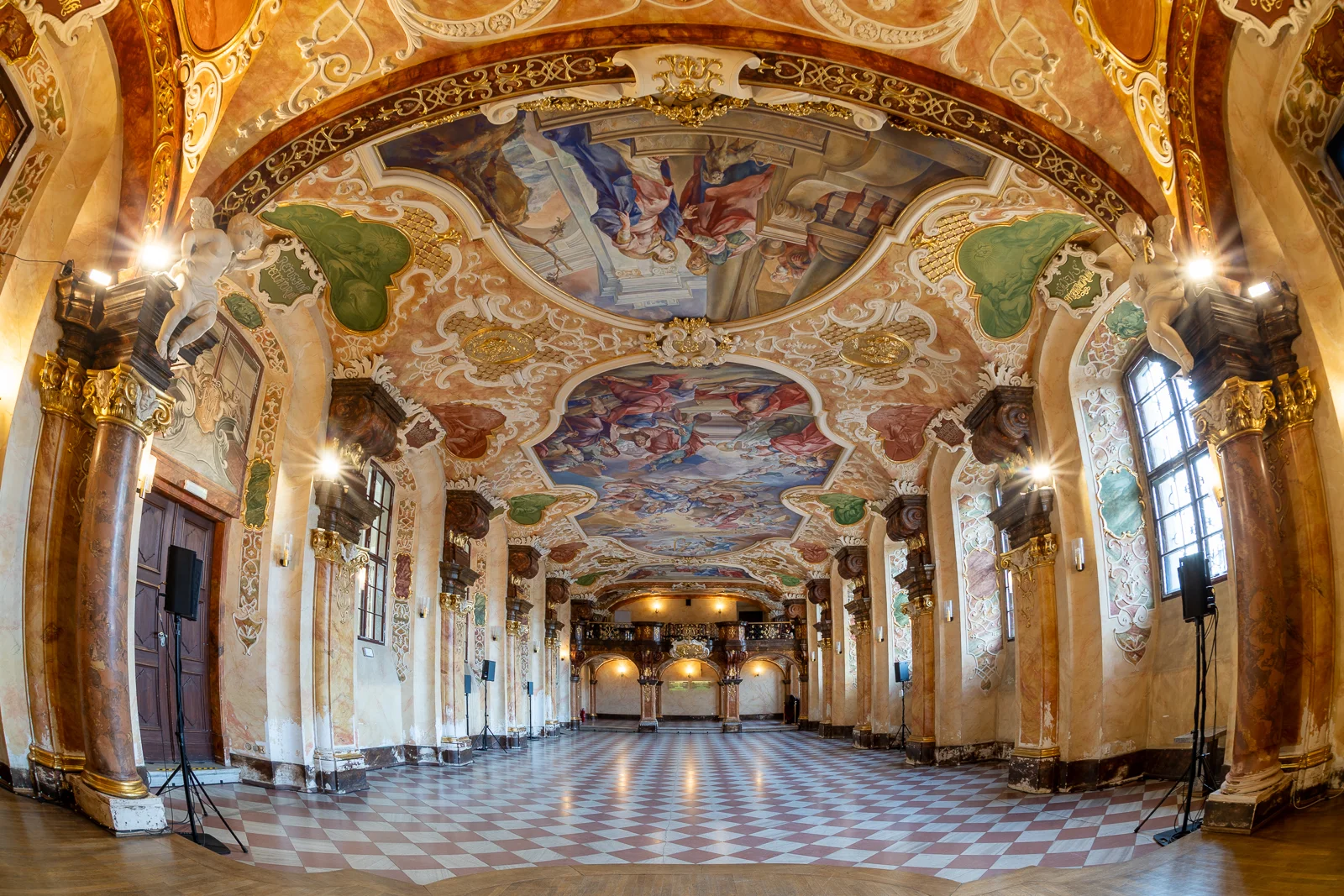
Prof. dr hab. Robert Olkiewicz, the rector of the University of Wrocław, and project leader from the Educational Research Institute, Michał Nowakowski, have inaugurated a collaboration as part of the project “Microcredentials – piloting a new solution to support lifelong learning” (Polish: „Mikropoświadczenia – pilotaż nowego rozwiązania wspierającego uczenie się przez całe życie”) funded by the European Union within the European Funds for Social Development programme 2021-2027. (FERS).
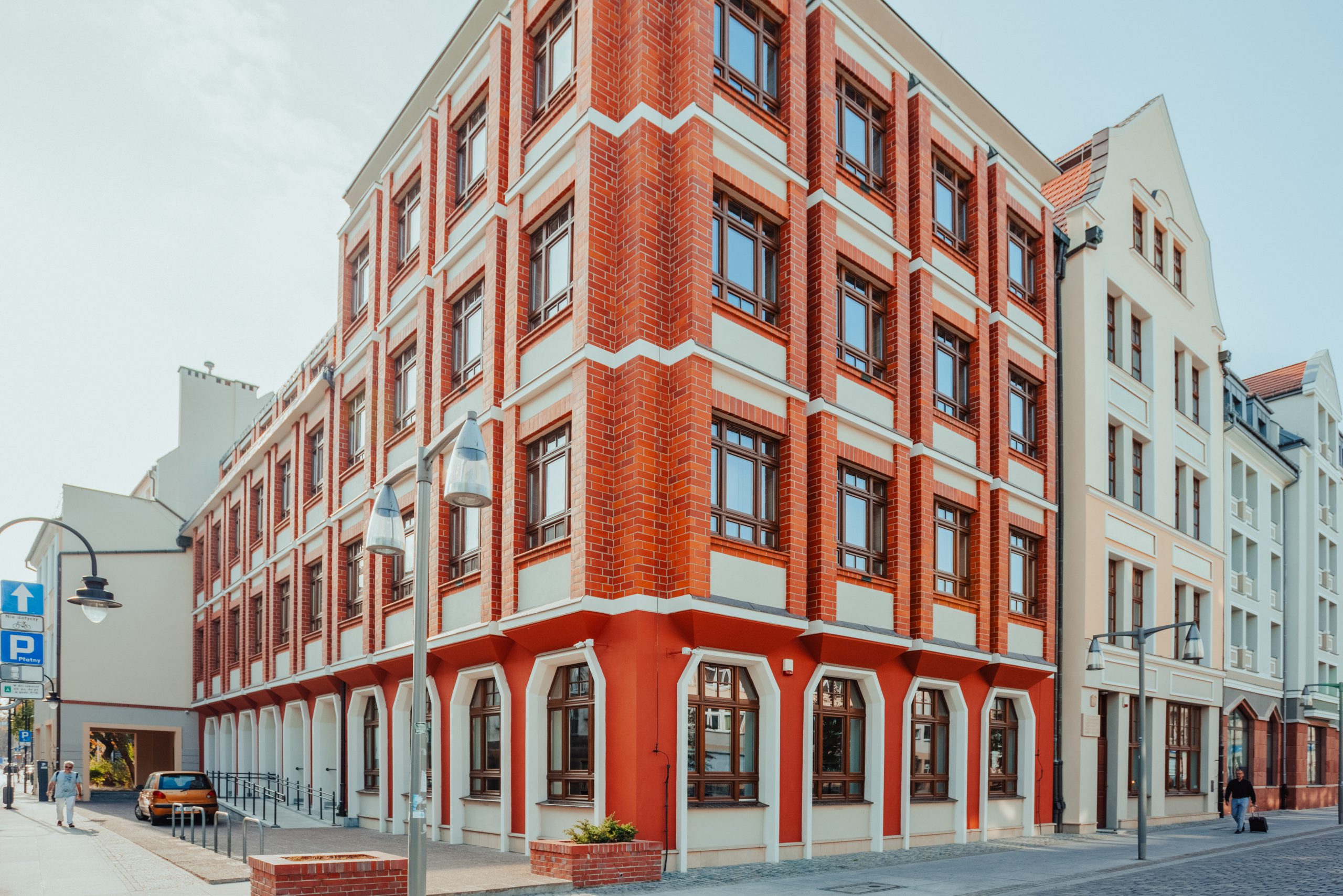
Instytut Filologii Angielskiej Uniwersytetu Wrocławskiego świętuje w tym roku jubileusz 50-lecia, pół wieku kształcenia kolejnych pokoleń anglistów, literaturoznawców i językoznawców oraz badaczy kultury krajów anglojęzycznych. Świętując jubileusz półwiecza, z dumą podkreślamy nasze osiągnięcia – od wybitnych profesorów i międzynarodowych projektów badawczych, po programy wymiany takie jak Erasmus+, które otwierają studentom drzwi do świata. Dziś IFA to nowoczesny ośrodek badań i dydaktyki, otwarty na świat i gotowy na kolejne dekady inspiracji.
This year’s Nobel Prize in Literature laureate, László Krasznahorkai, represents the type of writing that does not seek consolation in […]
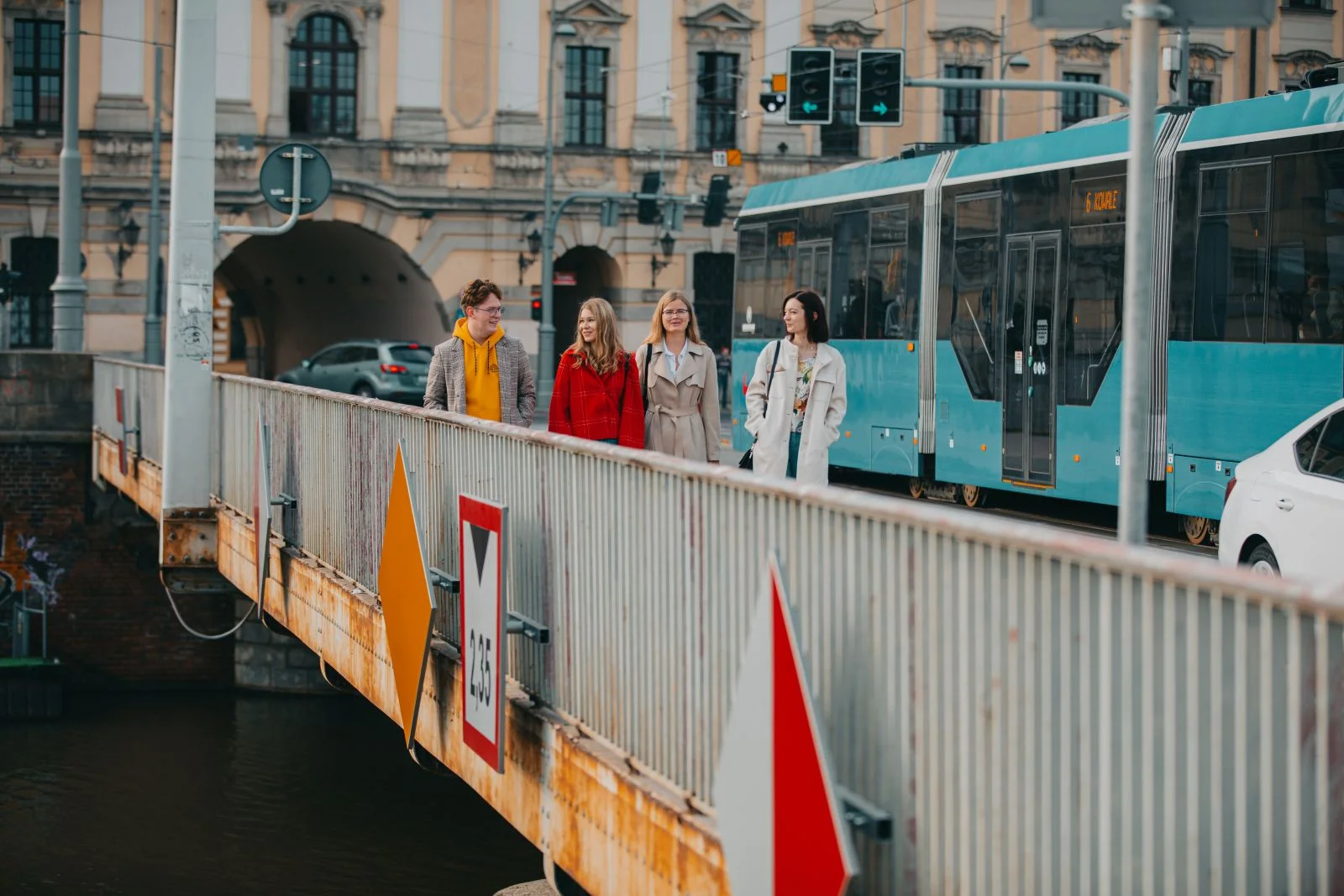
A series of free workshops dedicated to raising awareness among the academic community about unequal treatment and discrimination of students and doctoral students is currently underway. The workshops also provide them with competences that enable them to learn effectively during their university and doctoral studies, along with conscious planning of their career paths.
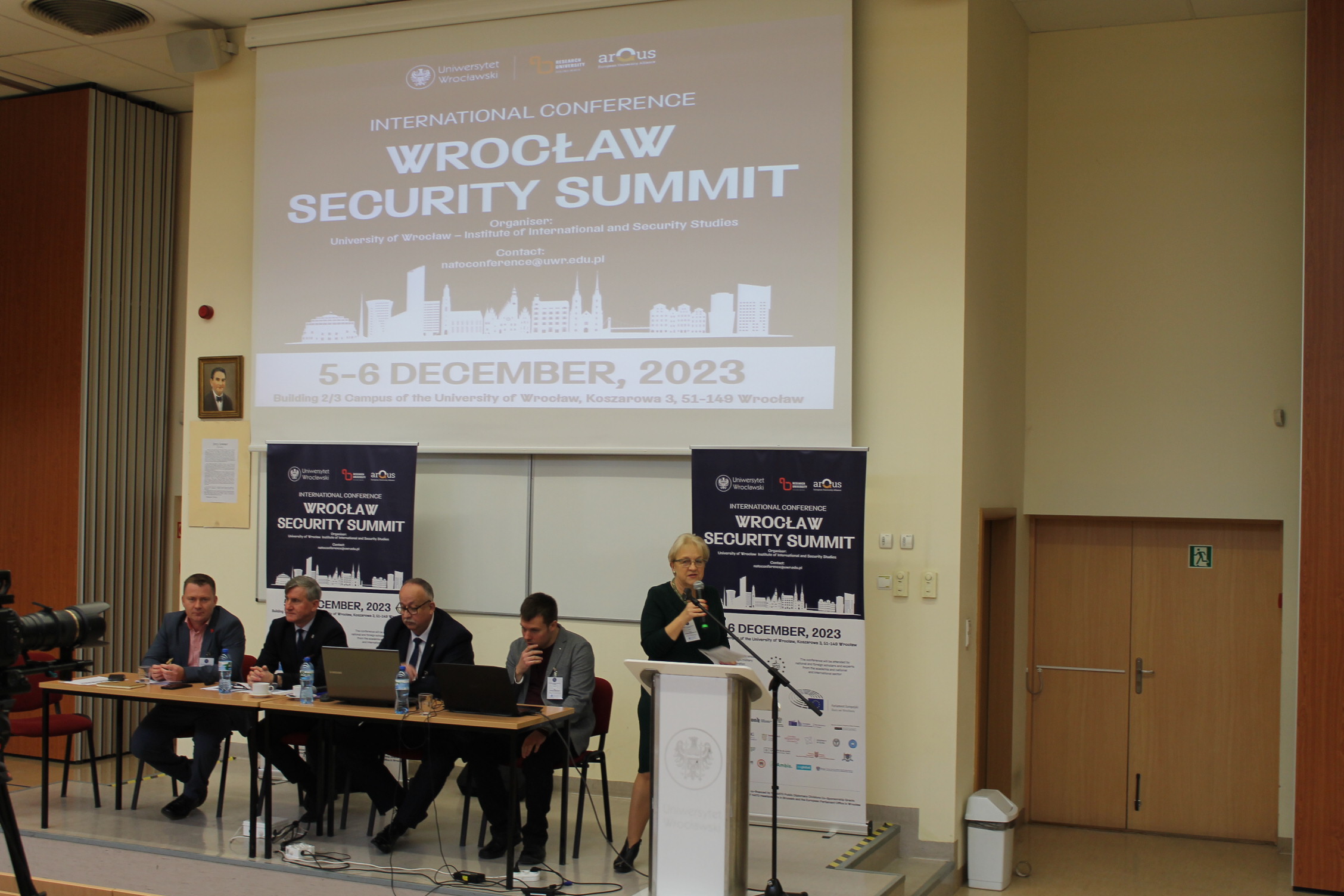
In the year marked by the war happening to the West of our borders, an increase in hybrid threats and a redefinition of the international order, Wrocław will become the Polish centre of debate about security. The 3rd Nationwide Congress of Security Education will be held on October 22-23, 2025, and guarantees to gather the highest-ranking researchers and practitioners, as well as service and administrative representatives, in order to answer the questions about the country’s resilience, successful tactics of deterrence, social and informational security, and the quality of research within this discipline.
On Wednesday, 29 October, at 5 p.m., at the C.H.Beck law bookshop at ul. Kiełbaśnicza 25 in Wrocław, there will […]




